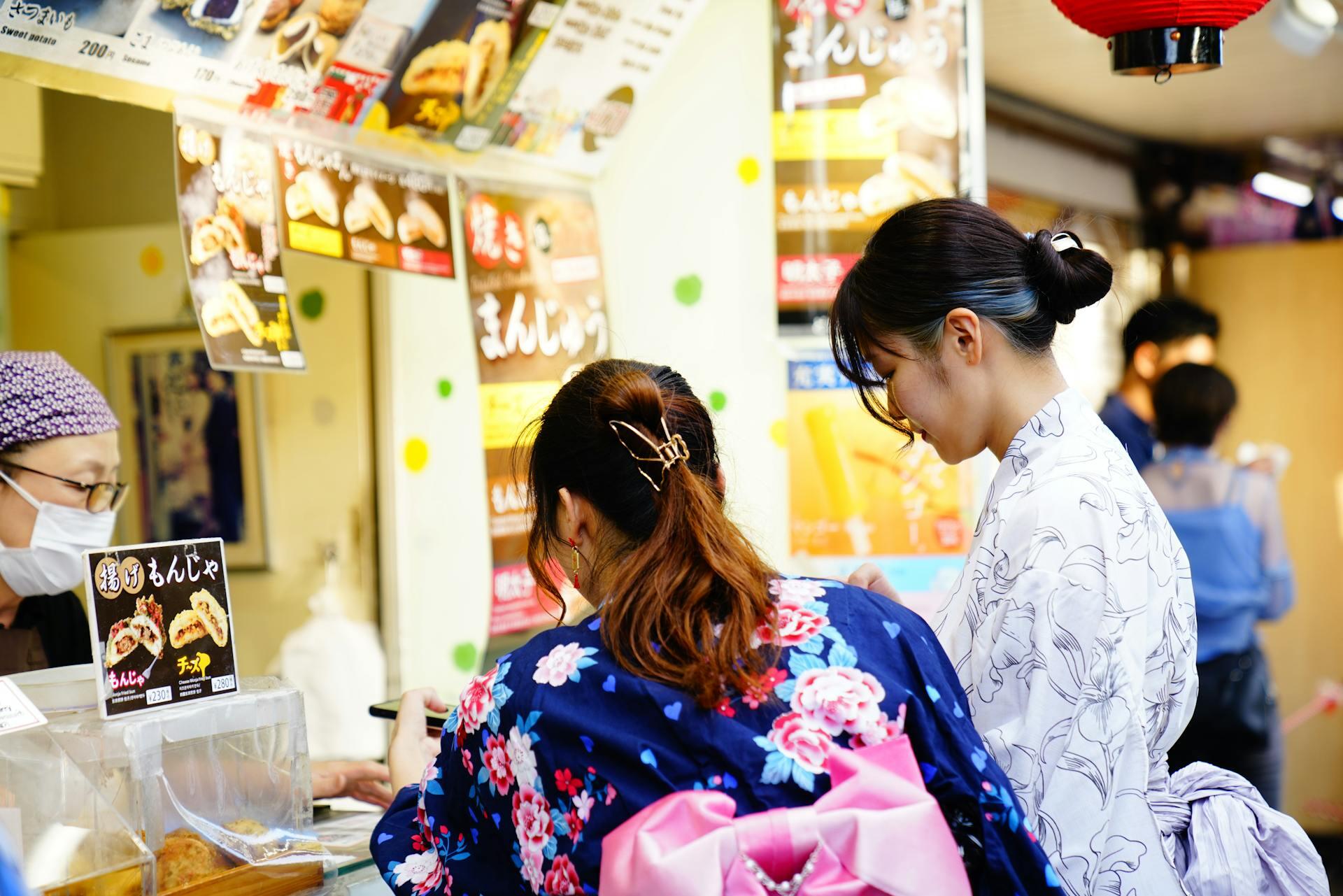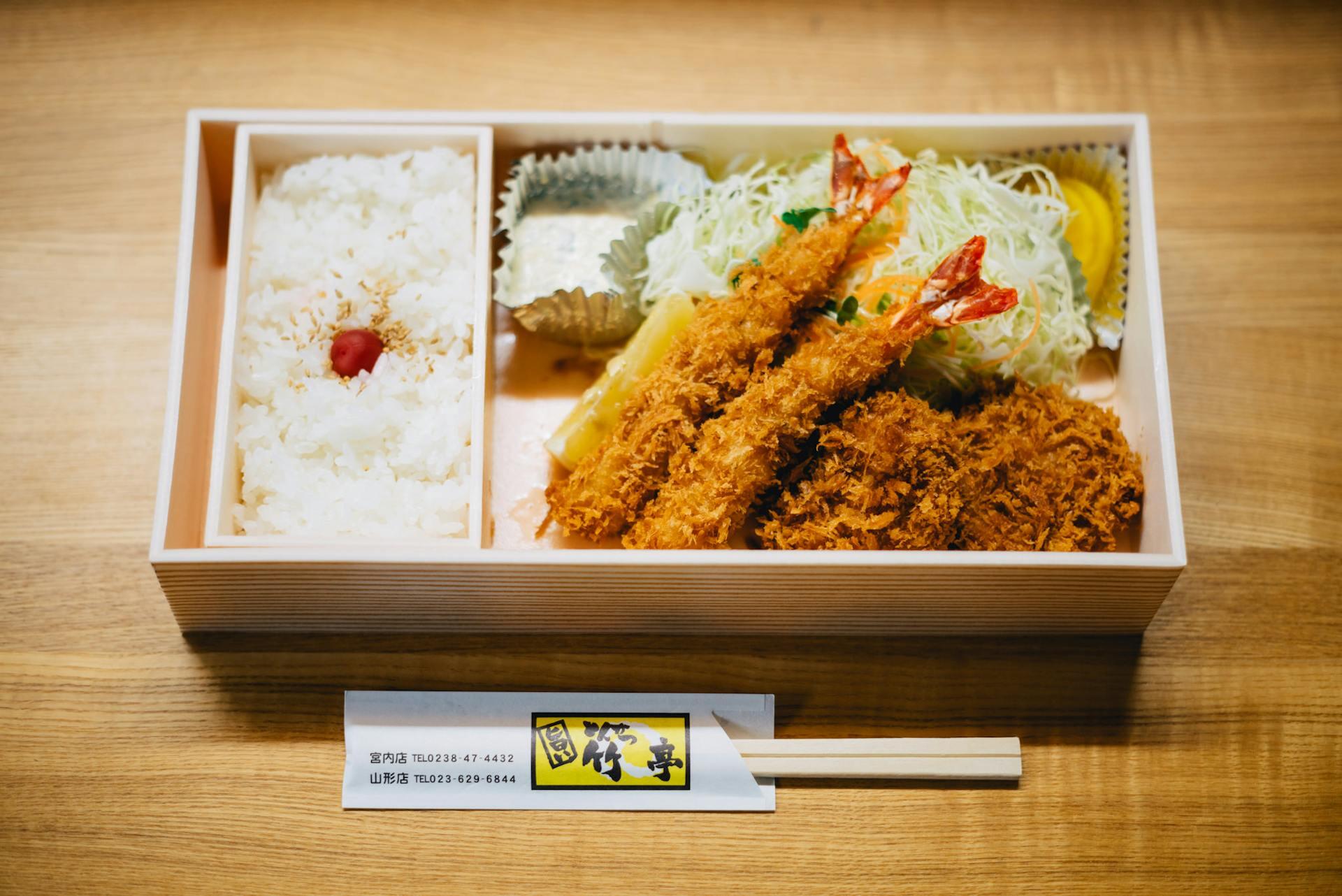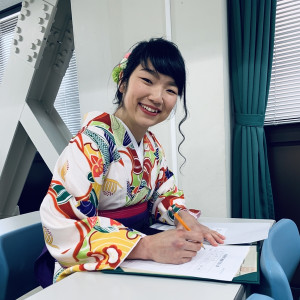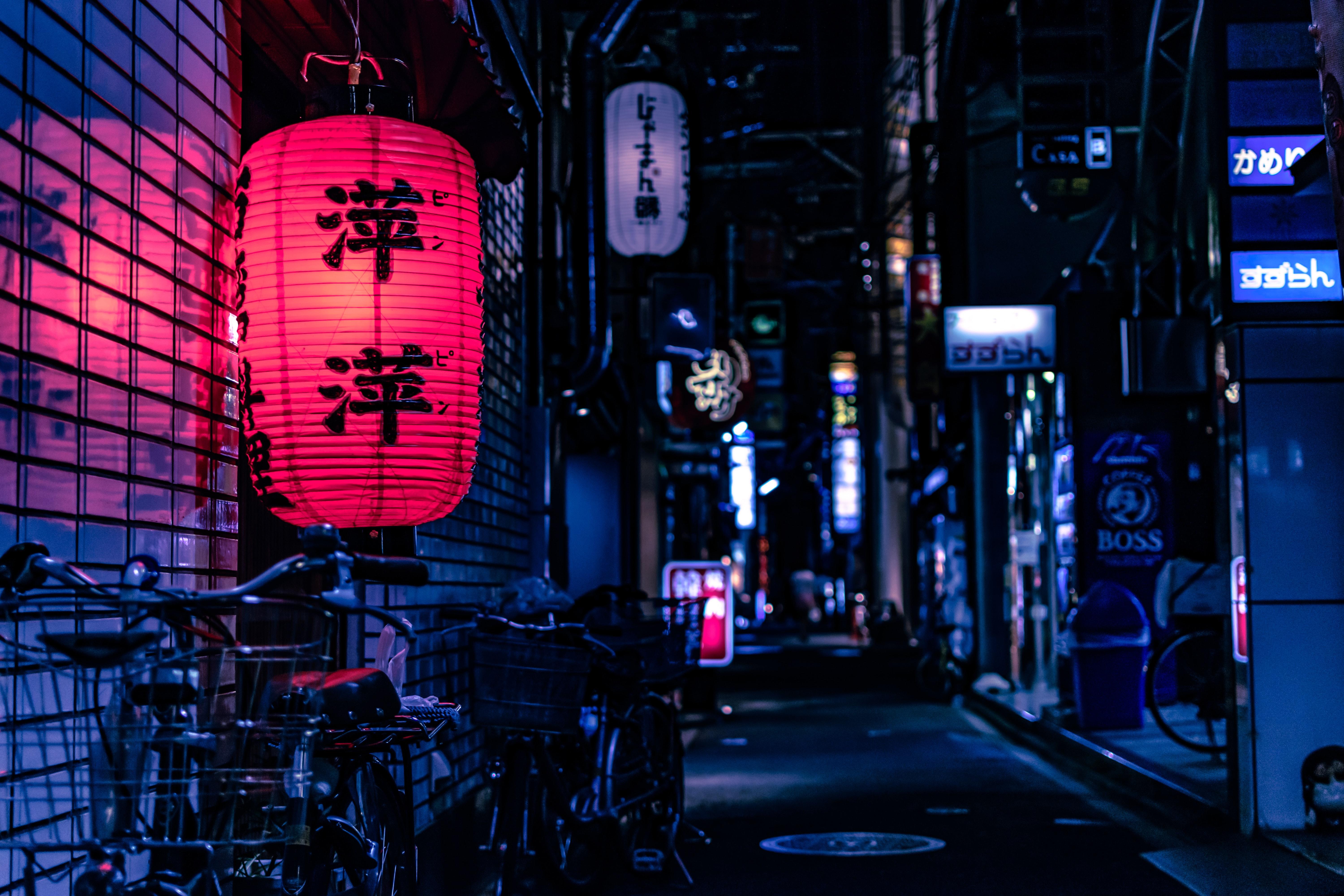Japanese culture has greatly impacted Canada, thanks to its ability to influence different generations and lifestyles. The country has recently witnessed an incredible boom in anime, manga, video games, and J-pop, especially among the young Canadian generation. Japanese philosophies also influence Canadians' lifestyles, improve people's emotional well-being, and introduce new buying trends, food trends, and spaces to celebrate Japanese heritage. Ready to discover everything about Japanese culture and history in Canada?

Japanese Pop Culture's Impact on the Canadian Youth
Japanese pop culture has become a powerful gateway to learning the Japanese language for the young Canadian generation. Anime, manga, video games, and J-pop not only entertain but also inspire thousands of Canadians to immerse themselves in this fascinating language.
📺 Anime, manga, video games, & J-pop: Gateways to the Japanese language
Manga and anime are not just for international amusement; they can be very good supplementary study tools that make one learn the language. Although anime and manga cannot replace an official study method, they help players and students of Japanese acquire listening and vocabulary skills and get accustomed to the cultural context.
Learning Japanese while playing video games is also possible. Video games offer an immersive experience since you can read from instructions and listen to dialogues in Japanese, which are some of the ideal elements for a Japanese interactive class.

But, can you learn Japanese also by singing? Of course you can! J-pop mixes rhythm, repetition, and everyday phrases that make memorization easier. Listening to Japanese music trains the ear and internalizes informal or regional vocabulary not always present in textbooks.
The language in anime, manga and video games can be quite informal, with jargon not commonly used in professional contexts. For this reason, it is always advisable to complement this with formal and structured studies.
✅ Anime recommendations for beginners
- Shirokuma Cafe: It is ideal for Japanese learners due to its simple language and everyday topics. Age rating: 14+; Audio/Subtitles: Various languages. Where to watch it: Crunchyroll.
- Usagi Drop (Bunny Drop): This anime is ideal due to its simple vocabulary and calm-paced dialogues. Age rating: 13+; Audio/Subtitles: Japanese/English. Where to watch it: Crunchyroll.
📚 Useful manga to learn
- Yotsubato: It is suitable for all ages and offers more than 100 episodes. It is available on Amazon, Book Depository, and public libraries.
- Crystal Hunters: Great adventure manga with vocabulary adapted for students. It includes a free kanji guide; you can get it on Amazon and on their official website.
🎮 Recommended games in Canada
- My Japanese Trainer: For Nintendo DS and iOS. Price: 133.49 CAD. Content: Great to practice hiragana, katakana, vocabulary and pronunciation.
- Shujinkou: Platforms: For PS5, Switch, Windows, and macOS. Price: 79.99 CAD. Content: Educational role-playing games with vocabulary from JLPT N5 to N1 proficiency levels.
🧠 Why learn Japanese through pop culture?
- Constant motivation: The emotional connection with characters, songs and fictional worlds makes learning more meaningful.
- Real exposure to the language: You get authentic immersion in different linguistic registers through audiovisual content.
- Multisensory learning: Listening, reading and playing activate multiple areas of the brain, facilitating memorization.
- Cultural context: Understanding the language through its cultural expressions improves overall comprehension of Japanese.
Anime, manga, video games, and J-pop don't just entertain; they also help you practice Japanese! Combining these resources with a formal approach to study improves comprehension, motivation, and fluency. If you are learning Japanese in Canada, use these modern, accessible, and super fun learning tools.
Traditional Influences of Japanese Minimalism
The influence of Japanese culture has gone far beyond anime and music: it is also redefining how Canadians live, decorate, and dress. Japanese minimalism and Zen philosophy are gaining ground as a response to daily stress, fast pace, and modern consumerism. Let's discover how Japanese philosophy has influenced the Canadian lifestyle.
🌿 Wabi-Sabi: Beauty in imperfection
Wabi-sabi is a Japanese aesthetic philosophy that finds beauty in the simple, rustic, and imperfect.

It does not seek to eliminate defects but to appreciate them as a natural part of the passage of time. This concept is reflected in:
- The cracked ceramics of tea ceremonies
- Traditional wooden houses
- Handmade art with the marks of time.
In Canada, wabi-sabi has influenced interior design, art collection, decoration, and, especially, a Canadian way of life that is more conscious.
🧠 The Marie Kondo Effect in Canada
Marie Kondo, with her KonMari method, has transformed the way Canadians organize their homes. Her mantra of "keep only what brings you joy" has resonated in a country seeking to simplify daily life.
Keep only those things that speak to your heart.
Marie Kondo
Emotional and psychological benefits
- Reduces stress and improves mood
- Improves concentration and productivity
- Reinforces gratitude and self-acceptance
- Promotes more conscious and sustainable routines
This approach impacted households, consumption, and greater awareness when shopping.
🕊️ Japanese minimalism in Canadian fashion
Fashion is also adopting the Japanese principle of less is more. Canadian brands such as Kotn, Encircled, and Frank And Oak are leading this movement with clean, functional, ethical, and high-quality clothing.
5 Key principles of Japanese minimalist fashion:
🔮 The future of Japanese minimalism in Canada
Japanese minimalism is not a fleeting trend; it marks a lasting cultural change. In an uncertain and fast-paced world, more Canadians value the simple, the functional, and the authentic.

Japanese Cultural Events in Canada
Japanese culture and history flourish in Canada through a vibrant series of annual celebrations and activities. Discover the high energy of Japanese Canadian festivals during the summer, the opportunities that promote cross-cultural communication, and the best events to strengthen the friendship between Japan and Canada.
📍Experience Japan without leaving Canada
Japanese festivals in Canada are a great way to move closer to a culture and history rich in tradition, music, street food, and art. And why not? It is an excellent opportunity for Canadians to visit Japan without leaving the country. Whether community-based or huge conventions, there is something to appeal to all tastes.
1. Japan Festival CANADA – Mississauga, Ontario
The largest Japanese Canadian festival in North America, it has over 100,000 attendees. It features live music, street food, cultural exhibitions, art collection and a special focus on strengthening diplomatic and economic relations and cooperation between Japan and Canada.
2. Powell Street Festival – Vancouver, British Columbia
This festival in Vancouver has its roots in the Japanese-Canadian community. It offers a matsuri-style experience focusing on the local Japanese history in Vancouver (more specifically in the province of British Columbia) and motivates Canadian citizens to participate.
3. Natsu Matsuri – Ottawa, Ontario
Organized by OJCA and JETAA Ottawa, celebrate summer with a Japanese twist. This experience is perfect for immersing yourself in the culture of both countries in a relaxed and family-friendly way.
4. Omatsuri – Calgary, Alberta
Omatsuri is one of the most traditional and comprehensive celebrations organized by several Japanese associations in Calgary. The festival is ideal for all ages, families, and friends.
5. Matsuri Japon – Montreal, Québec
A very wide and popular cultural event where you will find the best energy, shows, workshops and lots of gastronomy to try. It is ideal for Canadians who want to try some of everything and experience Japan in Canada.

Why attend Japan festivals in Canada?
✨ Immersive experience: Enjoy the Japanese community and traditions in a local setting.
🍜 Authentic food: Taste Japanese delicacies and travel to Japan without leaving the country.
👘 Living culture: Enjoy the Canadians' good energy, music, dance, art, cosplay, ceremonies, and more.
🧒 Activities for all ages: Perfect for families.
🤝 Intercultural connection: Promotes meeting new people and joining the Japanese community.
Since dates, times, and activities may change, always check the festival's official site before you arrive to be aware of any changes.
Japanese Food Culture in Canada
From tradition to global trend: Japanese cuisine has conquered Canada, not only for its flavor but also for its history, evolution through the years, and fusion with local ingredients. From the arrival of the first immigrants to the popularity of new food Japanese trends, Japanese cuisine in Canada reflects diversity, creativity, and cultural affinity.

The Japanese presence in Canada goes back to the late 19th century, when immigrants settled and formed communities, particularly on the West Coast. The Japanese community brought food habits that evolved through the years, leading to a rich gastronomic heritage and history.
4 Factors that boosted the international popularity of Japanese food
📺 Influence of anime, manga, globalization, and other pop-culture elements.
🍣 Creative food fusions and adaptations of recipes, such as vegan sushi or Japanese street food.
🎉 Participation in cultural festivals across the country celebrating Japan and Canada.
🍱 Cultural fusion through history, evolution, and adaptation.
Japanese food in Canada is not just a gastronomic trend but a story of resilience, cultural fusion, and culinary creativity. From traditional dishes to vegan and street food innovations, Japanese flavors continue to grow on the Canadian palate, proving that good traditional food is a powerful way to connect very different worlds & cultures.
Japan's Growing Cultural Impact and Its Future in Canada
Japanese cultural influence in Canada is not slowing down; instead, it keeps growing as more and more people find the value, richness, and beauty of its customs and modern expressions. From the cultural celebrations of the Japanese community, music, and food to the boom in Japanese restaurants, shops, and cultural centres in Toronto, Vancouver, British Columbia, and Montreal, Japan has become integrated into the Canadian multicultural society.
In addition, philosophies such as wabi-sabi or the KonMari philosophy promote a more conscious and balanced life for Canadians. The growing popularity of minimalist fashion brands and sustainable consumption also reflect an affinity with contemporary Japan's aesthetic and ethical values.
Looking ahead, interest in Japanese culture is expected to grow, accompanied by new bilingual generations, increasingly creative gastronomy, and a more significant commitment to well-being and sustainability. Japan has not only won over Canadian hearts, but it is also helping to shape a new lifestyle.
Summarize with AI:
























